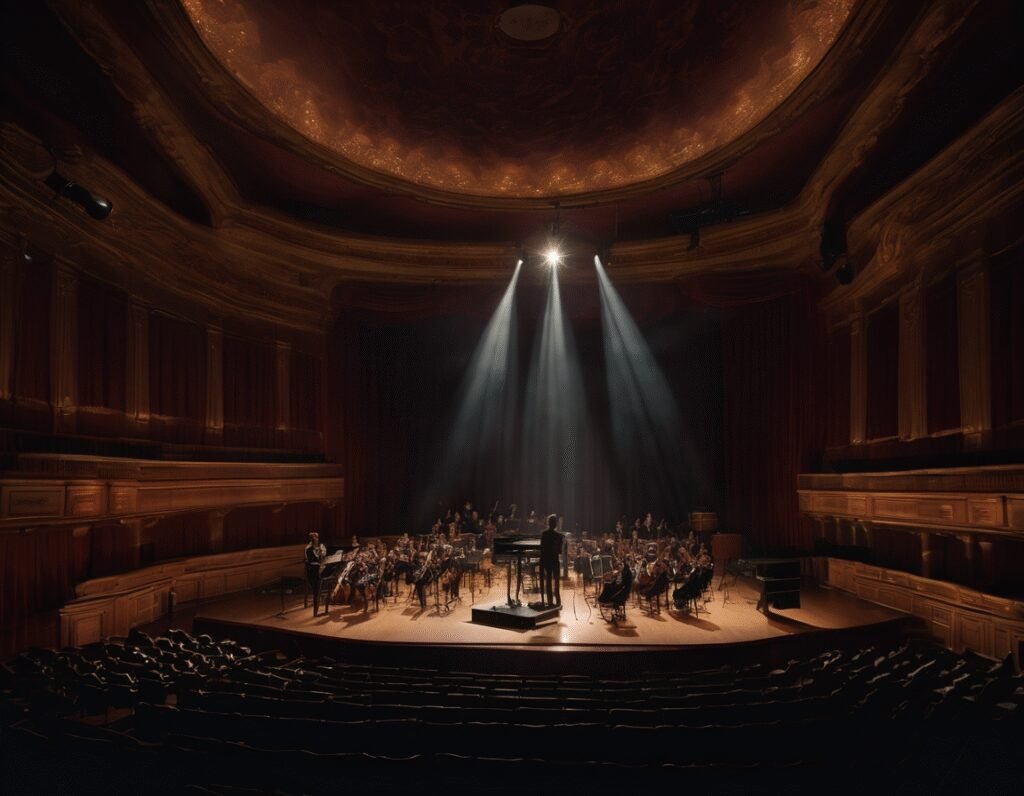Whitney Houston AI Voice to Lead Symphonic Performance, Joining Growing Trend
The legendary voice of Whitney Houston is set to return to the stage in a new and unprecedented way. Over a decade after her passing, her estate is preparing for an orchestral tribute that will feature her iconic vocals, resurrected through artificial intelligence. The event, named The Voice of Whitney: A Symphonic Celebration, will utilize advanced AI technology to isolate her voice from original recordings.
This process relies on stem separation technology, which can deconstruct a master track into its individual components, such as vocals, drums, and bass. The result is said to be a near-studio quality audio track of Houston’s voice, which will then be performed alongside a live symphony orchestra. This creates a hybrid experience, blending the permanence of a recorded legacy with the dynamism of a live musical event.
This move by the Houston estate is part of a much broader and rapidly accelerating trend within the music and entertainment industry. Artists and estates are increasingly turning to AI as a tool for legacy preservation and new creative exploration. The technology offers a way to reanimate the voices of cultural icons, allowing for new performances and collaborations that were previously impossible.
The phenomenon is not without precedent. In a widely discussed moment, the rapper Drake recently incorporated an AI-generated version of Tupac Shakur’s voice into a track, demonstrating the powerful and sometimes controversial potential of this technology. These developments are pushing the boundaries of artistry, intellectual property, and fan expectation, opening a new chapter in how we experience music history.
For the crypto and web3 community, this intersection of AI and entertainment is particularly significant. It highlights a massive, emerging market for authentic digital intellectual property and the verification of its origins. As AI-generated content becomes more sophisticated and prevalent, the need for immutable proof of ownership and authenticity becomes critical. This is a problem that blockchain technology is uniquely positioned to solve.
Projects focused on decentralized verification, tokenization of assets, and proving the provenance of digital media are directly relevant to this new era. How does a fan or a platform know that a new AI-generated Whitney Houston track is officially sanctioned by her estate and not an unauthorized deepfake? Blockchain-based solutions can provide a transparent and tamper-proof record, creating a trusted link between the creator, the owner of the intellectual property, and the consumer.
The use of AI to bring back beloved artists raises complex questions about ethics, consent, and the nature of art itself. However, it also presents a formidable opportunity. It showcases a future where technology enables new forms of creative expression while demanding new infrastructure for rights management. This symphonic celebration is more than a concert; it is a high-profile test case for the future of digital ownership and the enduring power of a voice, now amplified by the tools of a new generation.

